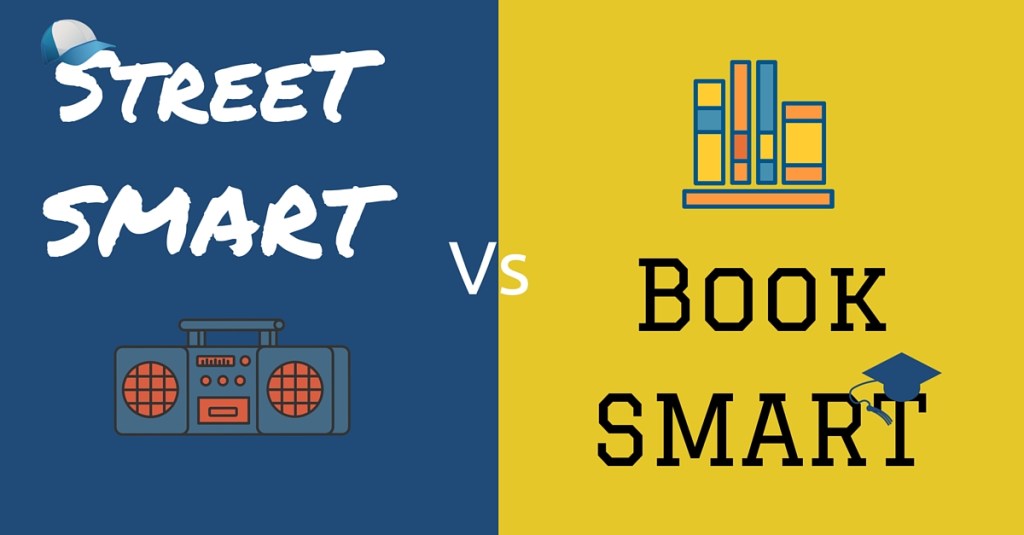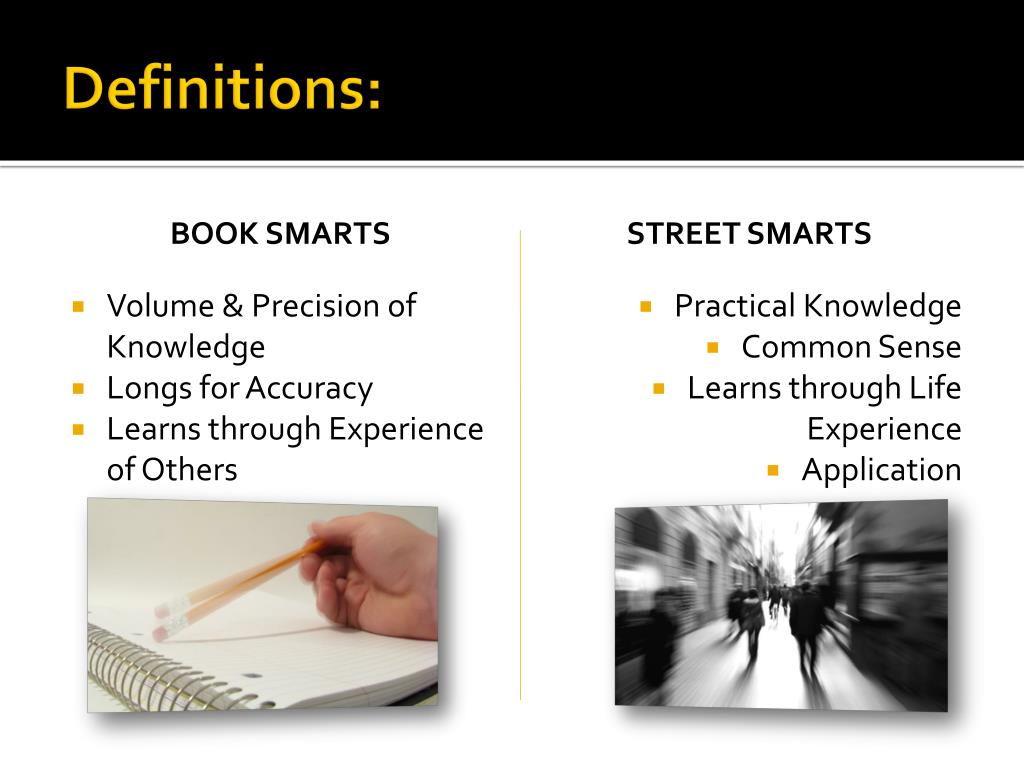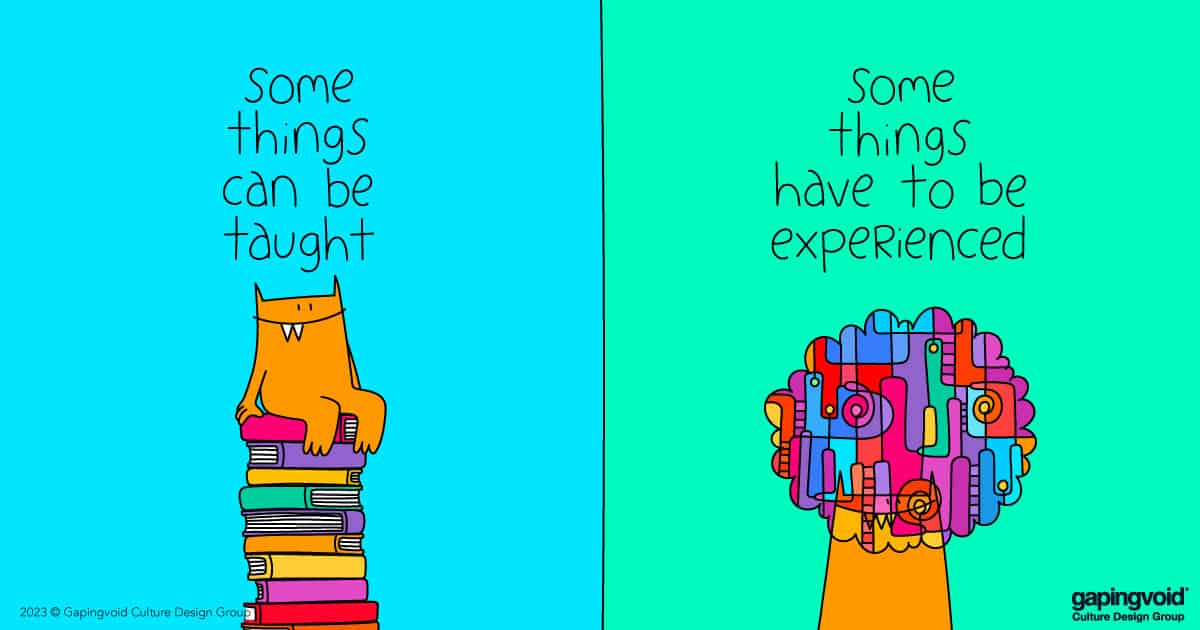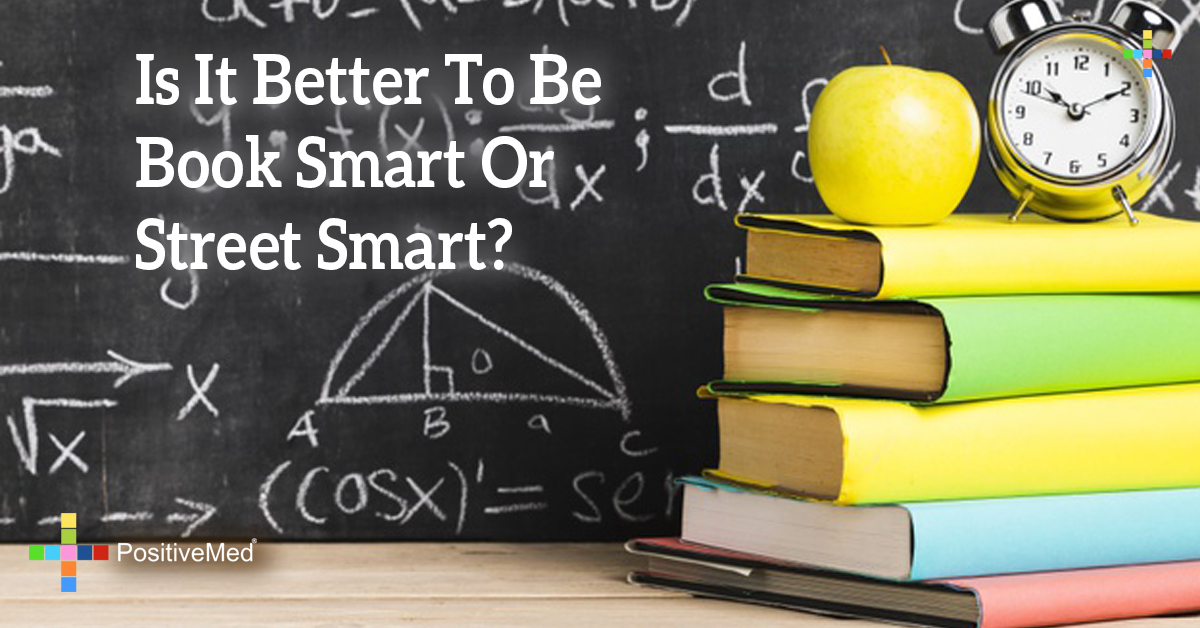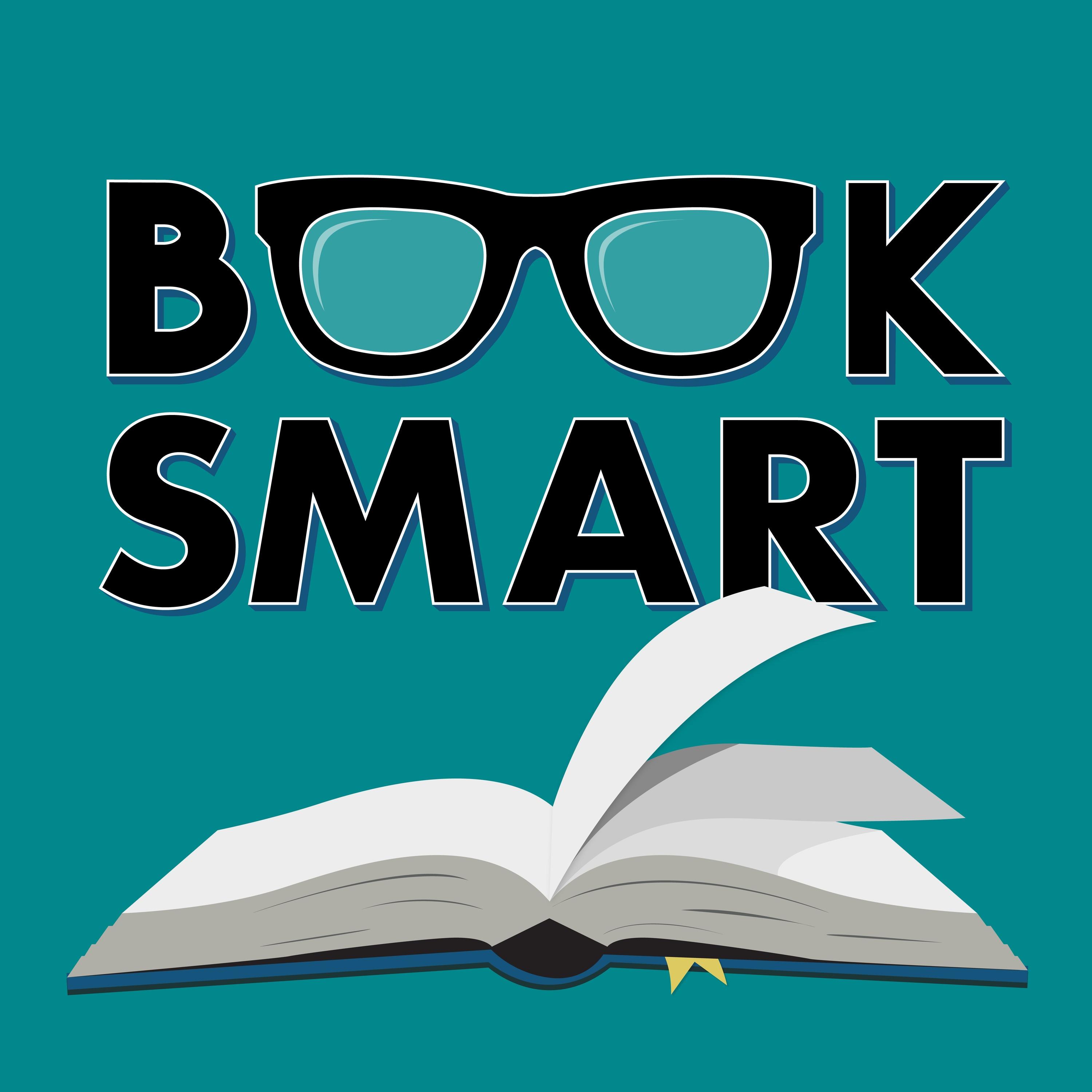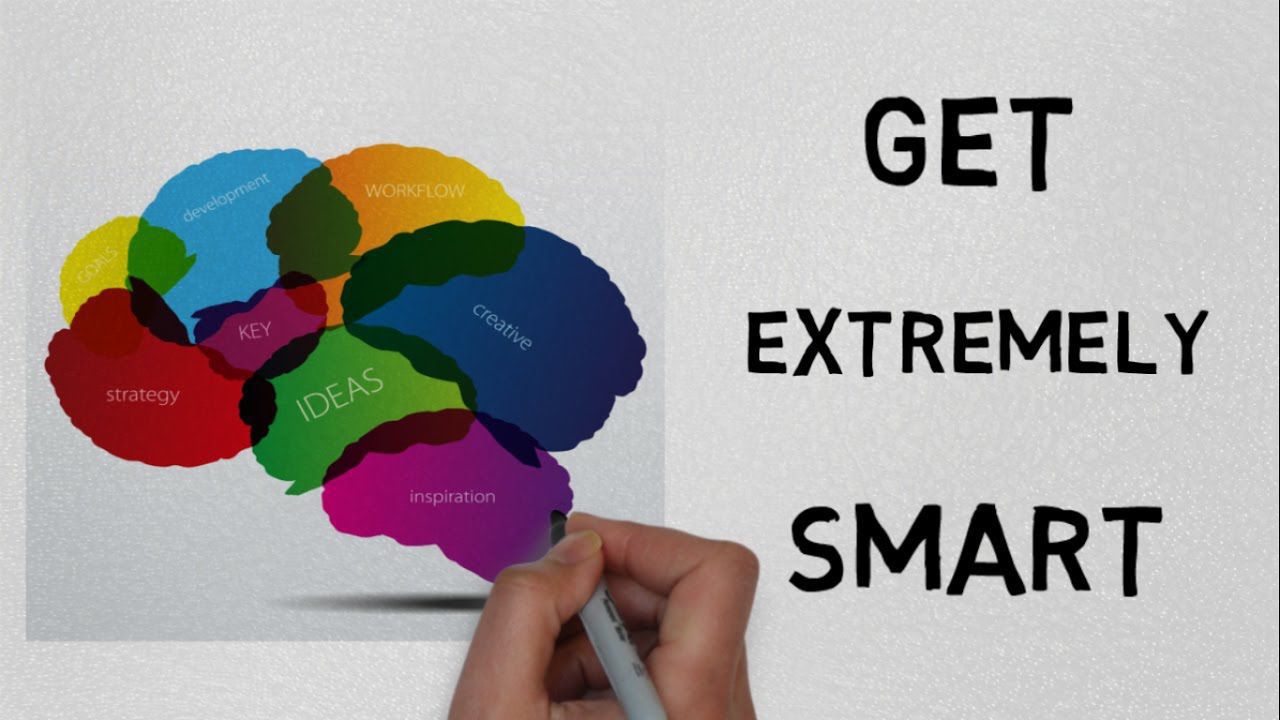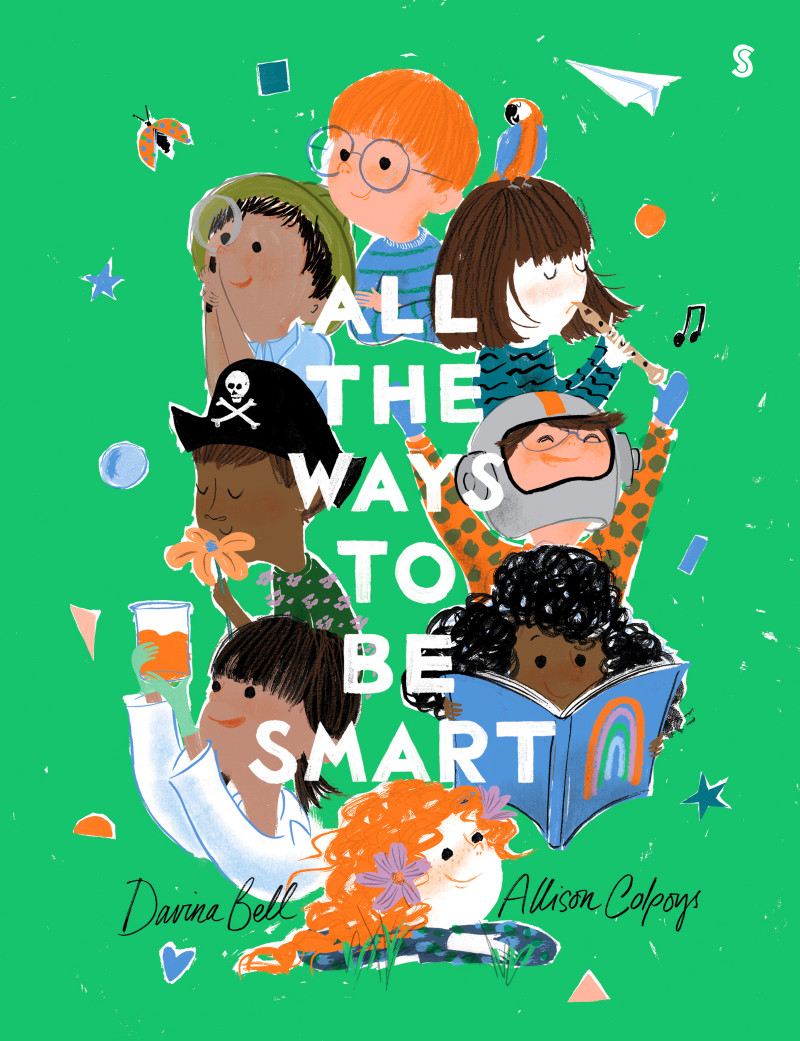What Does It Mean To Be Book Smart

The age-old debate resurfaces: what does it truly mean to be book smart in a rapidly evolving world? Is it simply regurgitating facts, or does it encompass a deeper, more nuanced understanding?
This article delves into the multifaceted nature of book smarts, exploring its definition, advantages, limitations, and relevance in today's society. We examine how academic knowledge translates (or fails to translate) into real-world success, and whether alternative forms of intelligence are becoming increasingly valuable.
Defining Book Smarts: More Than Memorization
Book smarts traditionally refer to the knowledge acquired through formal education and academic study.
It's characterized by a strong grasp of theoretical concepts and the ability to perform well on standardized tests. This definition, however, is often criticized for being overly simplistic.
The Academic Advantage
Individuals with strong book smarts typically excel in academic settings.
They often demonstrate superior analytical and problem-solving skills, particularly when dealing with structured problems.
A study by the National Center for Education Statistics (NCES) indicates a strong correlation between higher levels of education and increased earning potential.
Limitations in the Real World
Despite its advantages, book smarts can fall short in practical, real-world situations.
The inability to adapt theoretical knowledge to unfamiliar contexts is a common criticism.
Many argue that emotional intelligence (EQ) and practical intelligence (street smarts) are equally, if not more, important for navigating complex social and professional environments.
The Rise of "Street Smarts" and Emotional Intelligence
Street smarts represent the ability to navigate social situations effectively and make sound judgments in unpredictable environments.
Emotional intelligence (EQ), on the other hand, involves understanding and managing one's own emotions, as well as recognizing and responding to the emotions of others.
Research suggests that EQ is a significant predictor of success in leadership roles and interpersonal relationships.
Daniel Goleman, author of Emotional Intelligence, argues that EQ accounts for a substantial portion of the variance in career success.
He posits that book smarts provide a foundation, but EQ determines how effectively that foundation is utilized.
Bridging the Gap: Integrating Knowledge with Practical Application
The ideal scenario involves a blend of both book smarts and street smarts.
This combination allows individuals to leverage theoretical knowledge while adapting to real-world challenges.
Educational institutions are increasingly focusing on experiential learning and problem-based learning to bridge this gap.
Internships, simulations, and real-world projects are becoming integral parts of the curriculum.
These initiatives aim to cultivate critical thinking, adaptability, and collaboration skills, complementing traditional academic instruction.
The Future of Intelligence: A Holistic Approach
The definition of intelligence is evolving beyond traditional IQ scores and academic achievements.
A more holistic approach recognizes the importance of various forms of intelligence, including creative intelligence, practical intelligence, and emotional intelligence.
The ability to learn, adapt, and innovate is becoming increasingly crucial in a rapidly changing global landscape.
Employers are actively seeking candidates who possess a diverse skill set, encompassing both technical expertise and soft skills.
Adaptability, communication, and critical thinking are highly valued in the modern workforce.
Next Steps: Embracing Lifelong Learning
Understanding the nuances of book smarts is just the first step.
Continuous learning and personal development are essential for sustained success.
Individuals should actively seek opportunities to expand their knowledge base, hone their practical skills, and cultivate their emotional intelligence.
Whether through formal education, professional development courses, or self-directed learning, the pursuit of knowledge should be a lifelong endeavor.
The integration of book smarts with practical experience and emotional intelligence is the key to unlocking one's full potential in an ever-evolving world.
